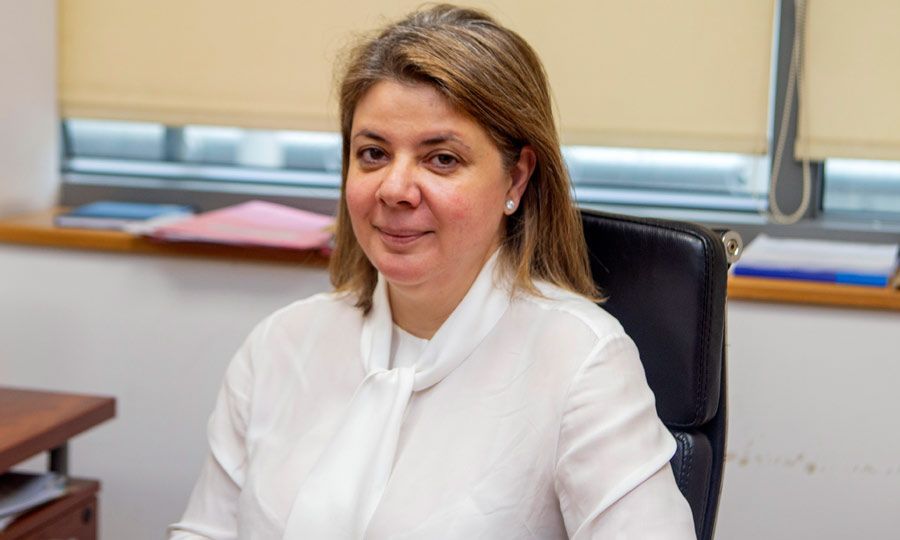Cypriot MPs voted “no” as the Parliamentary Assembly of the Council of Europe (Pace) recommended that Kosovo’s application to join the Council of Europe be accepted on Tuesday night.
Cyprus’ two present representatives at the Pace, Akel’s George Loucaides and Diko’s Chrisitiana Erotokritou, were two of the 29 who voted against the motion which was overwhelmingly backed by 131 MPs from 39 different countries.
Cyprus’ third representative at the Pace, Disy’s Nikos Tornaritis, was not present. Cyprus was one of just three countries, alongside Hungary and Serbia, which saw all its present representatives vote against Kosovo’s application.
The resolution that passed invited Kosovo to join the Council of Europe and to allocate the country three seats in the Pace – the same as Cyprus.
The bill did acknowledge the “unprecedented circumstances of this application, as a number of Council of Europe member states do not recognise Kosovo as a state.”
To this end, it reads, “diplomacy, dialogue, and compromise are necessary to ensure that the prospective admission of Kosovo does not create a fracture in the unity of Council of Europe member states.”
It recommended therefore that Kosovo’s Council of Europe membership be accepted “without prejudice to individual member states; positions as regard the statehood of Kosovo.”
In addition, it reads, “member states, irrespective of the position they may express in relation to Kosovo’s membership application, [must] respect the decision made … and collaborate sincerely and effectively in its implementation.”
Speaking after casting his vote against the motion, George Loucaides said Kosovo’s potential accession to the Council of Europe “does not serve the goal of peace, security, and stability in the western Balkans.”
He added that such a development could “further fuel tension and lead to the rise of nationalism in this highly troubled region.”
He added that Kosovo’s Council of Europe membership entails “the risk of creating a negative precedent as other illegal separatist entities may seek international recognition.”
“We must defend in every case international legitimacy, and the sovereignty, independence, and territorial integrity of member states,” he said.
Christiana Erotokritou said her position was “a matter of principle”, that “the sovereignty and territorial integrity of internationally recognised states should never be compromised.”
She added, “the acceptance of the inclusion into the Council of Europe of entities which have unilaterally declared independence and are not member states of the United Nations sets a dangerous precedent, particularly in today’s highly volatile international environment.”
The debate was heated, Serbian representative Biljana Pantic Pilja venting her ire at Greek representative and the country’s former foreign minister Dora Bakoyannis, who had filed the statutory report which allowed the vote to take place.
Pilja branded Bakoyannis a “hyprocrite”, and added that Serbia is “a small nation, but will never surrender.” She added, “Zivela Srbija!”, Serbian for “long live Serbia!”.
Ukrainian representative Oleksii Goncharenko called on Serbia to work with the European Union and its neighbours, and to “turn a page” and “move ahead together” on the issue.
“You will never be able to rebuild the Serbian empire. Break that connection with Putin,” he said.







Click here to change your cookie preferences